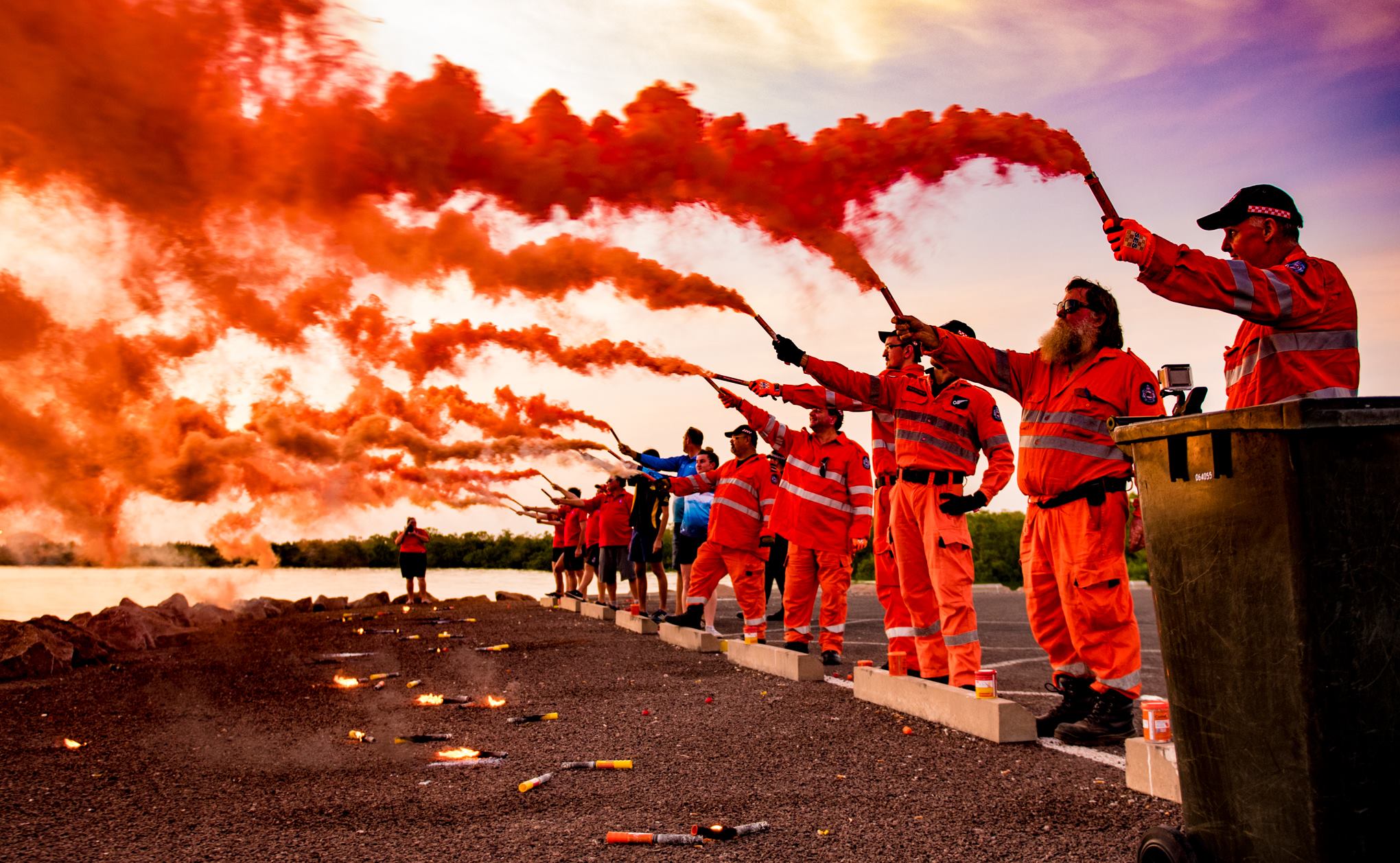Territorians are lucky to operate recreational boats in the Top End and enjoy relaxing laid-back lifestyles.
However, fishos have duties and responsibilities to operate their boat safely and be prepared for emergencies at all times.
The best way to be truly relaxed is to be well prepared and have a plan in case of an emergency.
There are minimum requirements for safety equipment for all recreational boats, but having a few additional safety items is always helpful.
Basic tools, fuses, spare fuel line or joiners and the ever useful, multi-purpose cable ties and gaffa tape may help get you home safely.
Unlike being in a car, if you have an accident or break down in a boat, you can’t just pull over to the side and wait for assistance.
Many people like to fish at remote fishing destinations that are isolated and often do not have good communication coverage either by VHF radio or a standard mobile phone.
It is important that boat skippers have a communication plan, familiarise themselves with the safety equipment and have knowledge in correct use of all gear on board.
Our waterways can be dangerous and harsh if you’re unprepared; let people know where you are going, what you are planning to do and when you expect to be back.
The safety equipment on your vessel should be sufficient, meet the regulatory requirements, be in good condition and readily available for immediate use.
Northern Territory Water Police and Marine Safety Officers conduct frequent patrols at boat ramps and on the water.
Boating inspectors, including the police, have the ability to issue Marine Infringement Notices for failure to comply with the marine regulations.
Get the latest edition of the Safety Guide for Pleasure Craft from the Marine Safety Branch at www.marinesafety.nt.gov.au.
Enjoy safe boating! Does your boat pass the test?
- Has the motor been serviced and are the batteries in good condition?
- Do you know the safety equipment requirements for your boat?
- Do you know how to use safety equipment and boat gear correctly?
- Do you have a communication plan or a VHF radio or a satellite phone?
- Have you informed your mate about your boat trip and expected time of return?
- Are EPIRB and flares in date and not expired?
- Is safety equipment easily accessible and readily available for use?
- Are there lifejackets for all, including correct size lifejackets for kids?
- Are lifejackets easily accessible and readily available to wear?
- Is the gas cylinder for inflatable lifejackets serviced and in good condition?
- Are you carrying spare fuel or prop?
